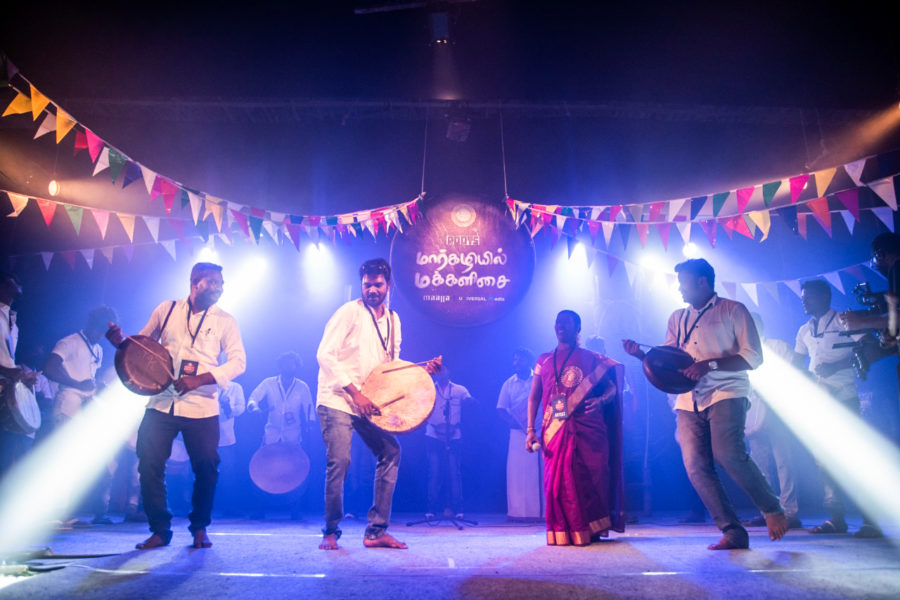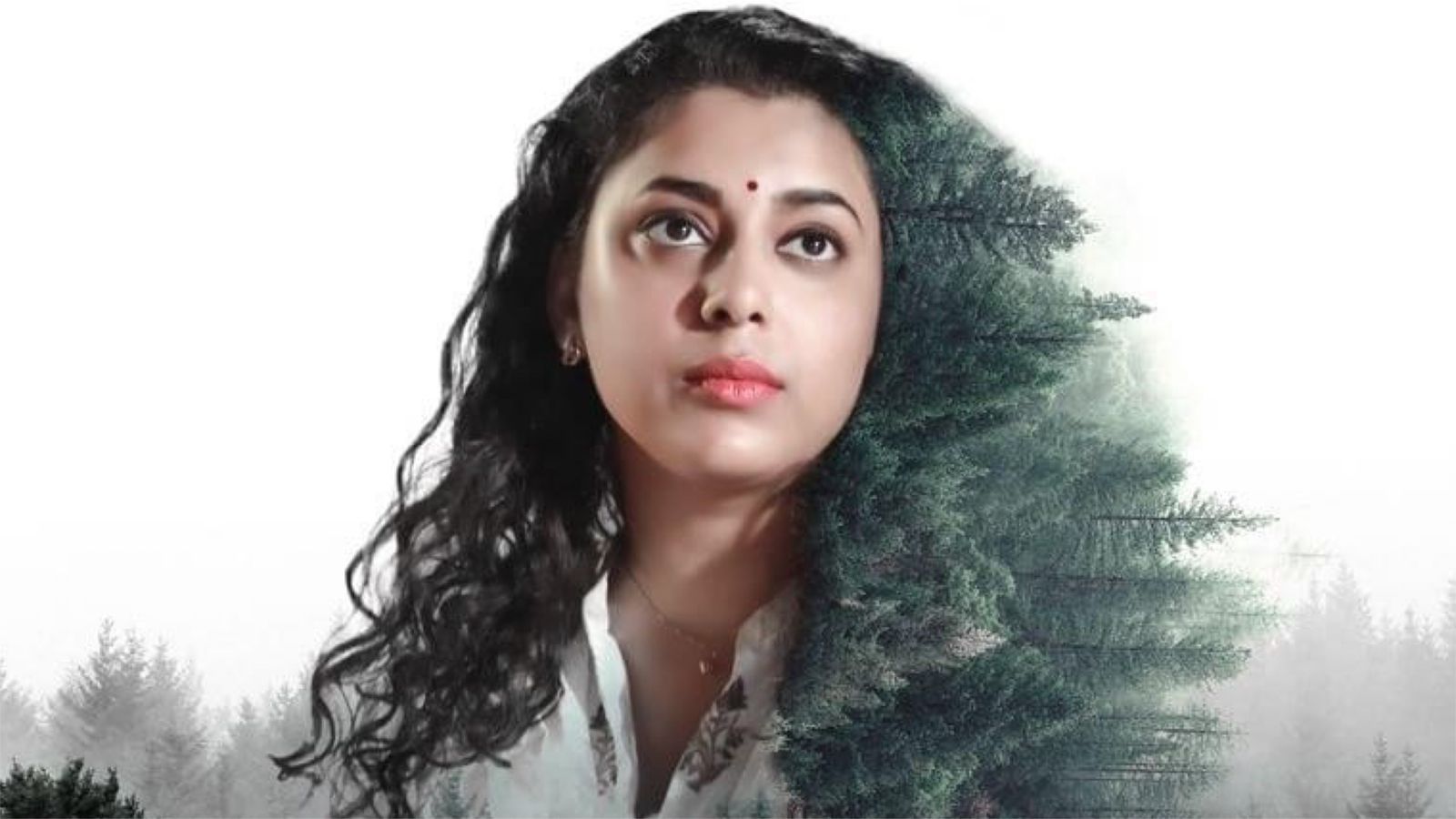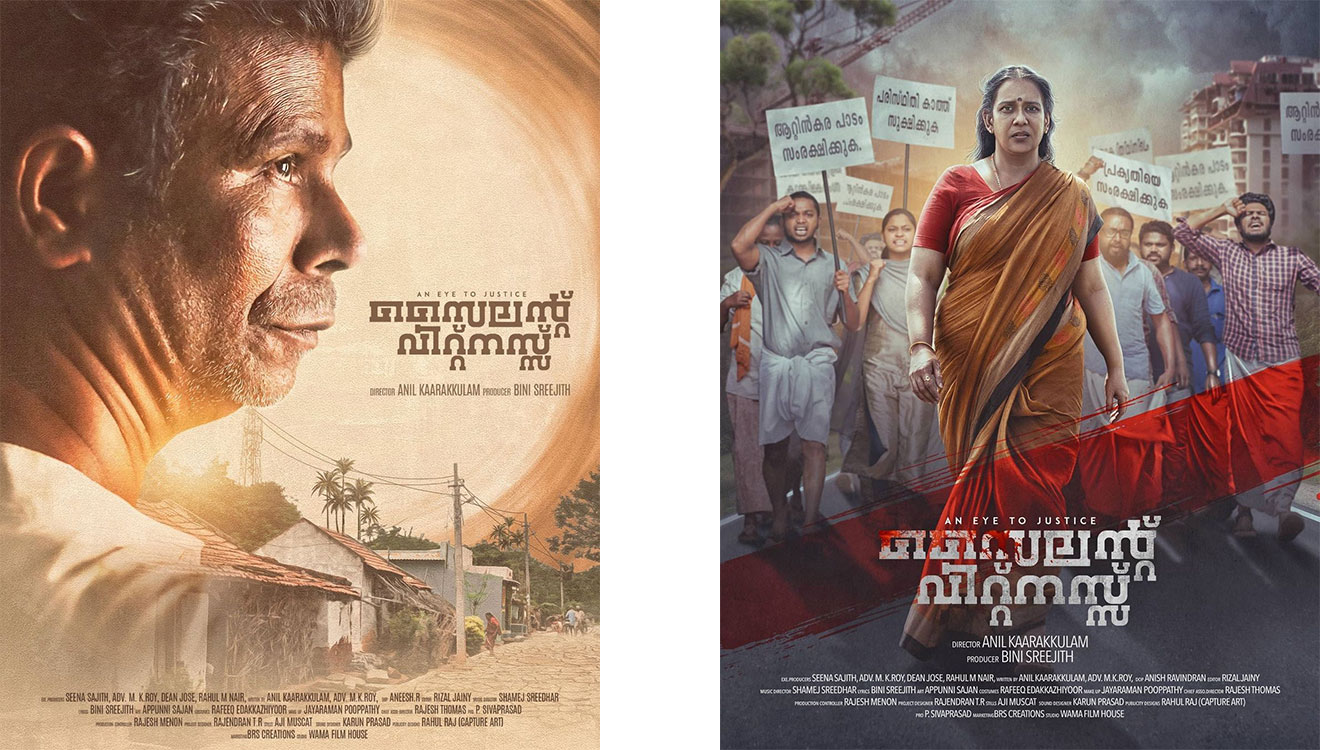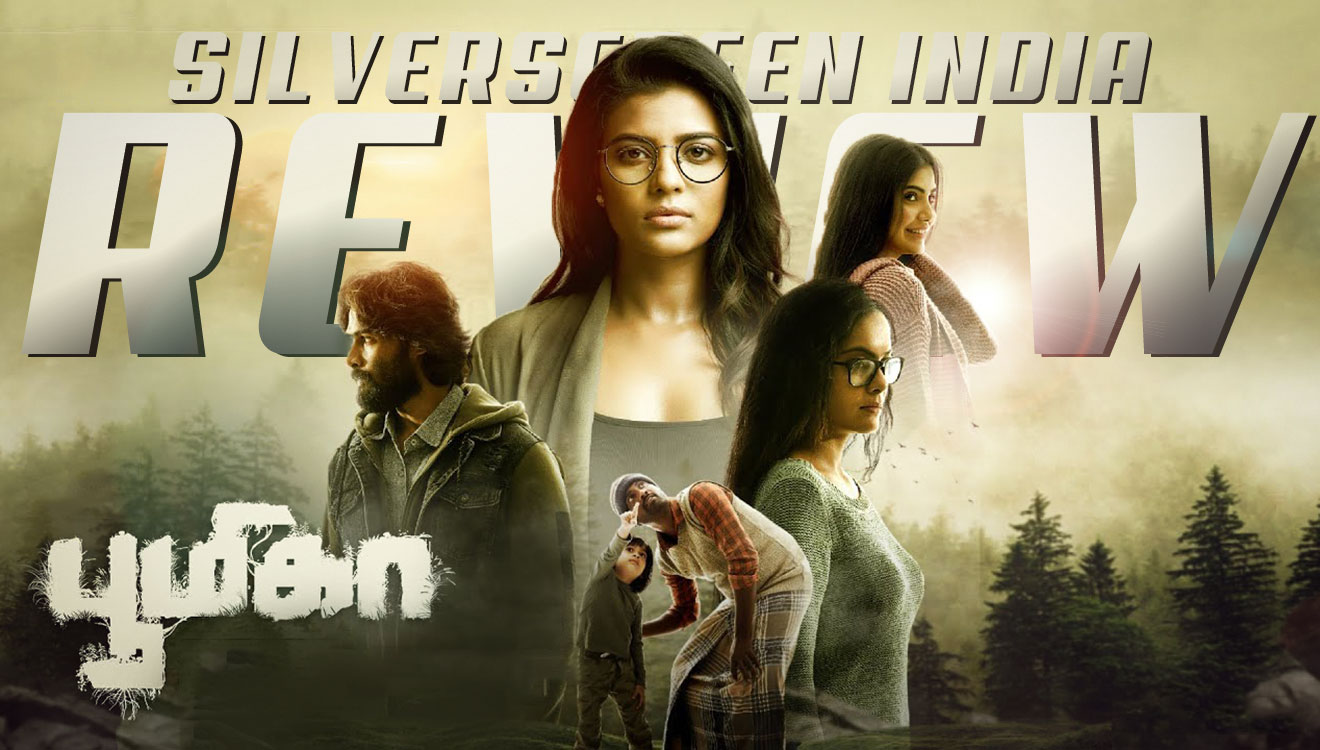For several decades, the Tamil month of Margazhi which falls between December and January, has been known for Carnatic music concerts and Bharatanatyam dance performances, which have often been associated with elite and upper caste groups.
Only recently have there been discussions about entry barriers created and upheld by members of the upper caste in entering these cultural spaces.
In a bid to ensure inclusivity, the Neelam Panpaattu Maiyam or the Neelam Cultural Centre, formed by director Pa Ranjith, has organised Margazhiyil Makkal Isai 2020.
The eight-day event, from December 24 to December 31, had a number of folk artists and independent musicians performing traditional art forms like ganaa and oppari as well as hip-hop and rap. The festival was held in venues like Vani Mahal, Mylapore Fine Arts and Raja Annamalai Hall in Chennai, locations which have been associated with Carnatic and Bharatanatyam performances during the Margazhi season.
Speaking about the programme, festival director and well-known rapper Arivu says, “When we say Margazhi, people usually tend to associate it with classical music. However, this time, the month has taken a different route and our Makkal Isai festival has been received well. Every day, we have had performers showcasing different genres. Oppari, like rap, is a form of cultural form of showcasing oppression. The festival attempts to highlight all these aspects,” he says.
The event aims to educate people about the plight of the oppressed castes. Performances have explained methods of the oppressors, the need to organise revolts and the importance of establishing justice, equality, and liberty.
Arivu says that since the festival began, they have been receiving tremendous coverage from the media and support from the public. “From next time, we will conduct it in a grand manner,” he says.
The rapper says that the festival has helped people from marginalised communities come to the forefront.
“The festival has helped them in a big way. There are artists who have been singing oppari for decades but have never stepped onto a stage before. For long, sabhas [performing stages] have been treated as a place for just one group of people. With such an event, these stages have become more accessible to artists even from groups which have been marginalised. Sabhas are a common platform which anyone can book and use. That is what we are doing,” he says.
Arivu points out that this leads to democratisation of the music scene in Tamil Nadu. Visitors of regular sabhas have also been attending their festivals, he says.
“We have been witnessing mixed audience from different communities and it is a very positive response. We deem it a big deal as people are paying to watch oppari performances as it is an art form has been associated with death,” he says.
Recommended
Dalit Subbiah, a performer from Madurai, took the stage by storm on December 25 with his nine-member band Viduthalai Kural. The band writes, composes, and performs songs on issues such as social justice, equality, untouchability, women’s freedom, environment. The band had performed 10 songs during the festival. “We are used to performing in open spaces without a proper setting. Getting a full-fledged stage for us among educated audiences in a well organised programme has been important for our growth,” he says.
The festival has paved the way for equality, Subbiah said, adding that his band will be performing the next year as well.
The festival has included traditional parai (drum) performance by the Kalai Nan Mani MSP Thangavel Dingukkal Parai Isai Kuzhu. Gaana artists from Chennai, including Thudumbattam and Newton Kuzhuvinar, have taken part.
The festival also witnessed hip-hop performances by Vedan, Black Boys, Mc Debes, VJ Vijay, Kalki, Shanthini, and indie musician Siennor.



